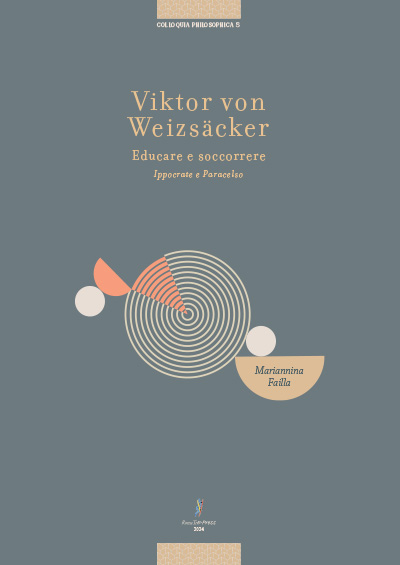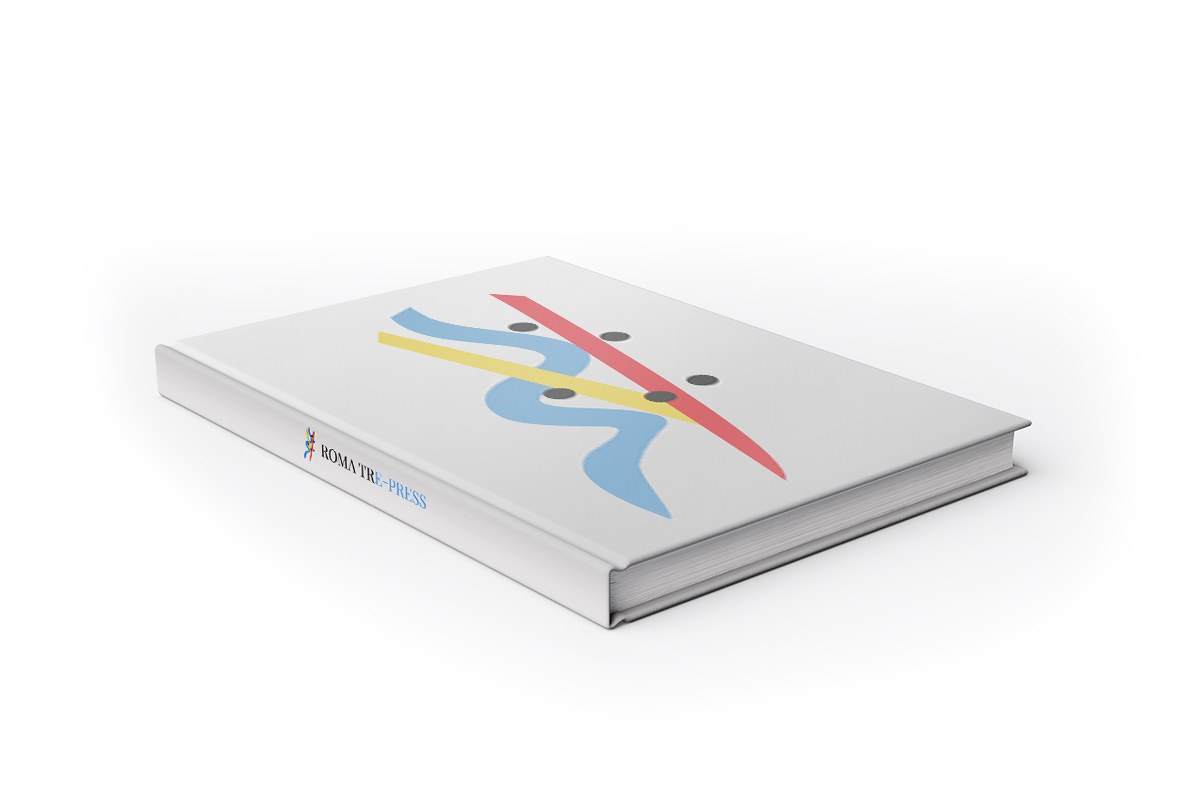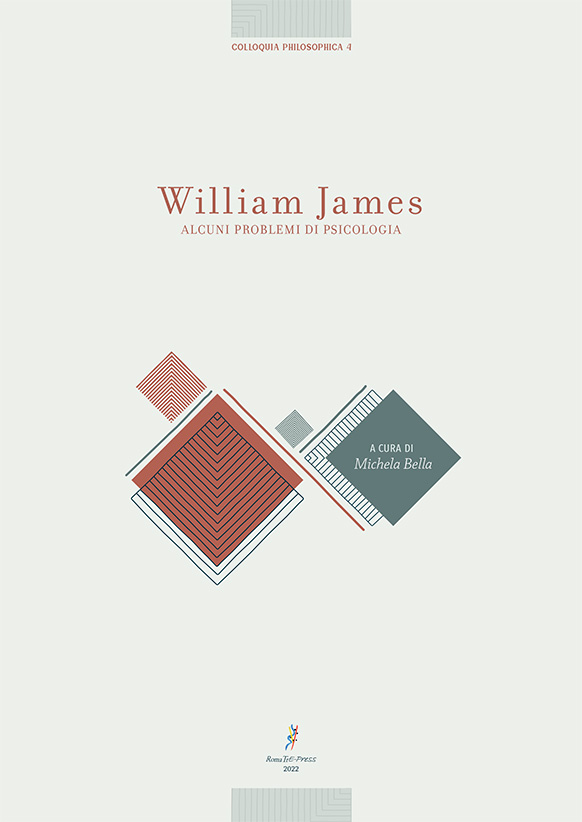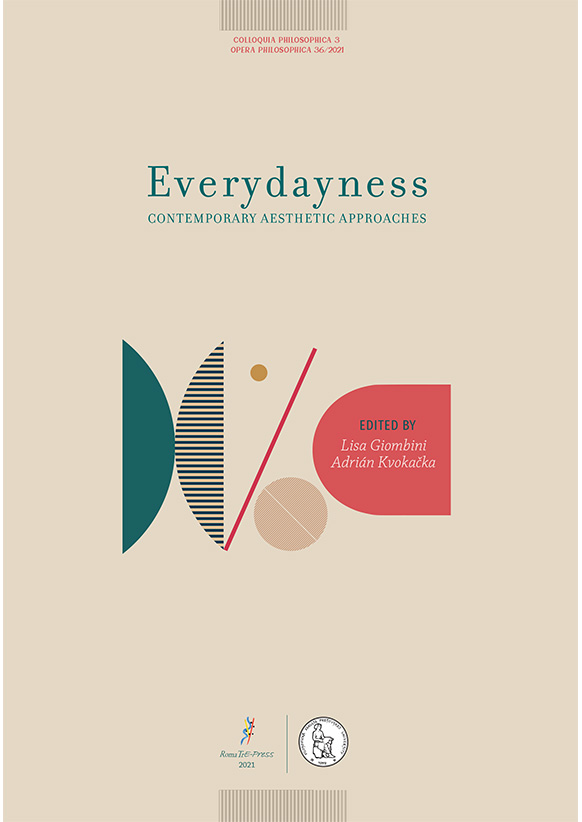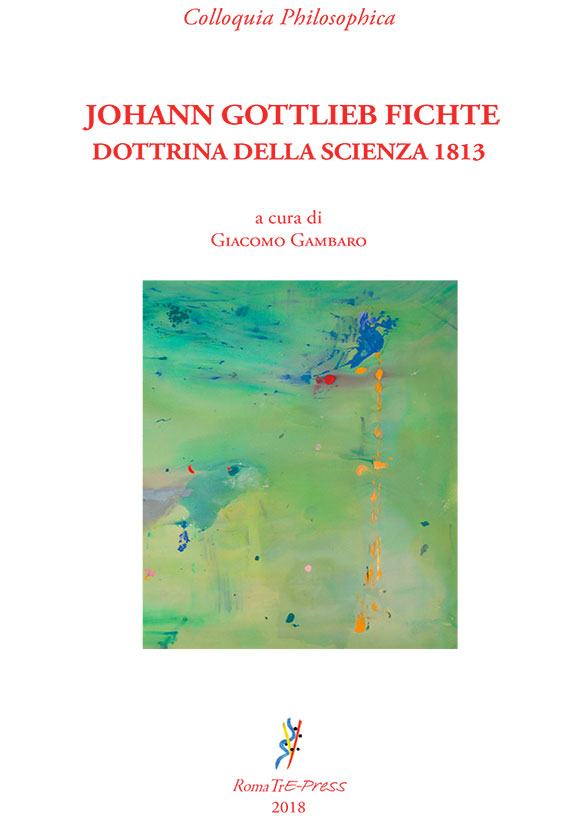Abstract

Nel suo saggio del 1926, qui tradotto, Viktor von Weizsäcker mostra una conoscenza approfondita della medicina greca e delle sue correnti interne: la medicina dei sofisti, da un lato, e la medicina ippocratica, attenta alla persona nella sua totalità, convinta del valore epistemico dell'esperimento e consapevole del potere terapeutico dell'ambiente, dall'altro. Agli occhi di Weizsäcker, tuttavia, Ippocrate rimane un fisiologo razionalista incapace di interpretare pienamente lo "spirito della medicina". Oltre all'edificazione e all'educazione del corpo all'equilibrio armonico, il medico deve essere in grado di offrire un aiuto fraterno nei momenti di estremo bisogno. L'amorevole soccorso è l'eredità di Paracelso che insegna la rigenerazione alchemica contro ogni passiva rassegnazione alla caducità e alla negatività dell'umano.

In his 1926 essay, translated here, Viktor von Weizsäcker displays a thorough knowledge of Greek medicine and its inner currents: the medicine of the Sophists, on the one hand, and Hippocratic medicine, attentive to the person as a whole, convinced of the epistemic value of experiment, and aware of the therapeutic power of the environment, on the other. In Weizsäcker's eyes, however, Hippocrates remains a rationalist physiologist unable to fully interpret the 'spirit of medicine'. Along with the edification and education of the body to harmonious balance, the doctor must be able to offer brotherly succour in times of extreme need. Loving succour is the legacy of Paracelsus who teaches alchemical regeneration against all passive resignation to the transience and negativity of the human.

